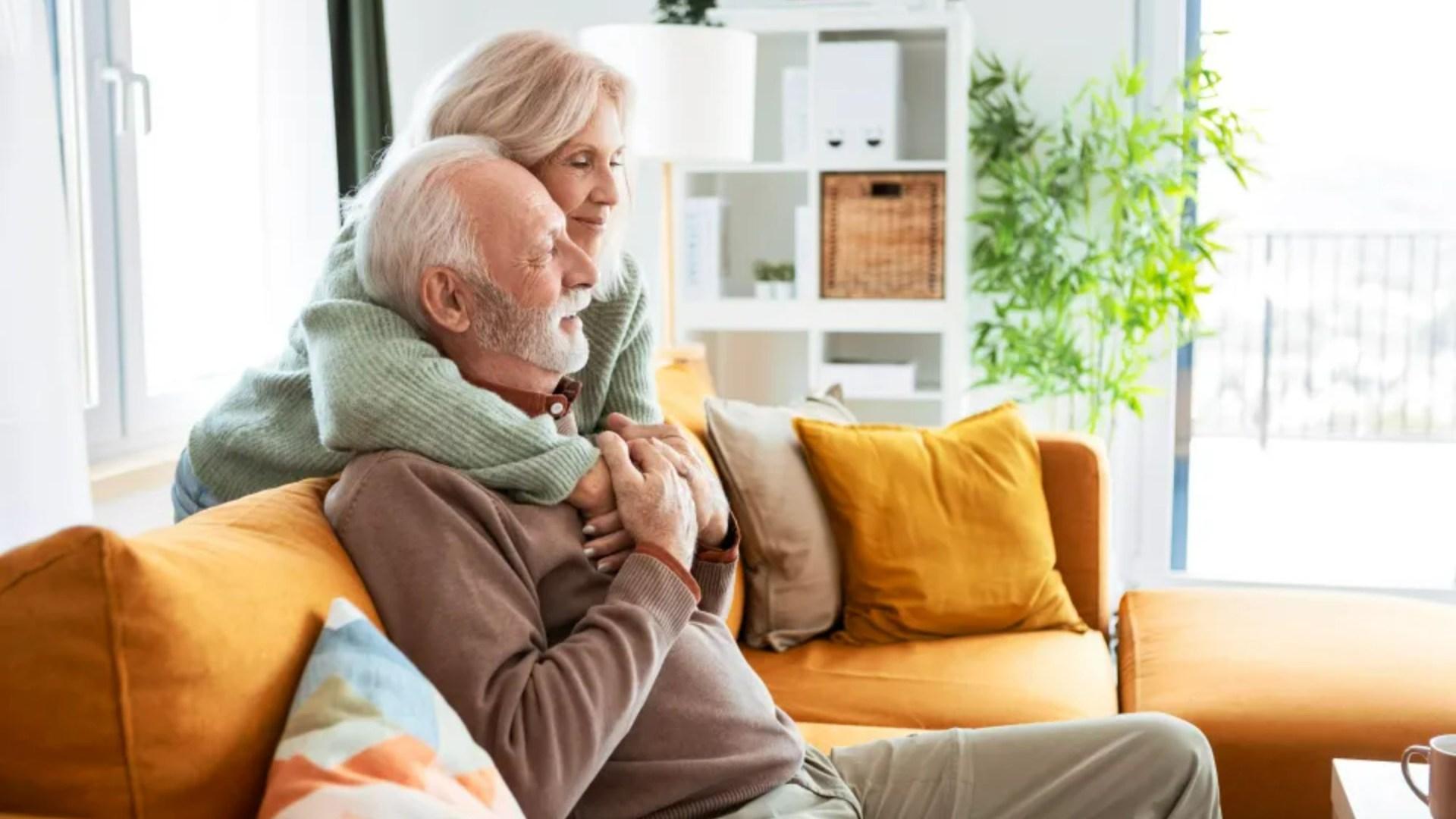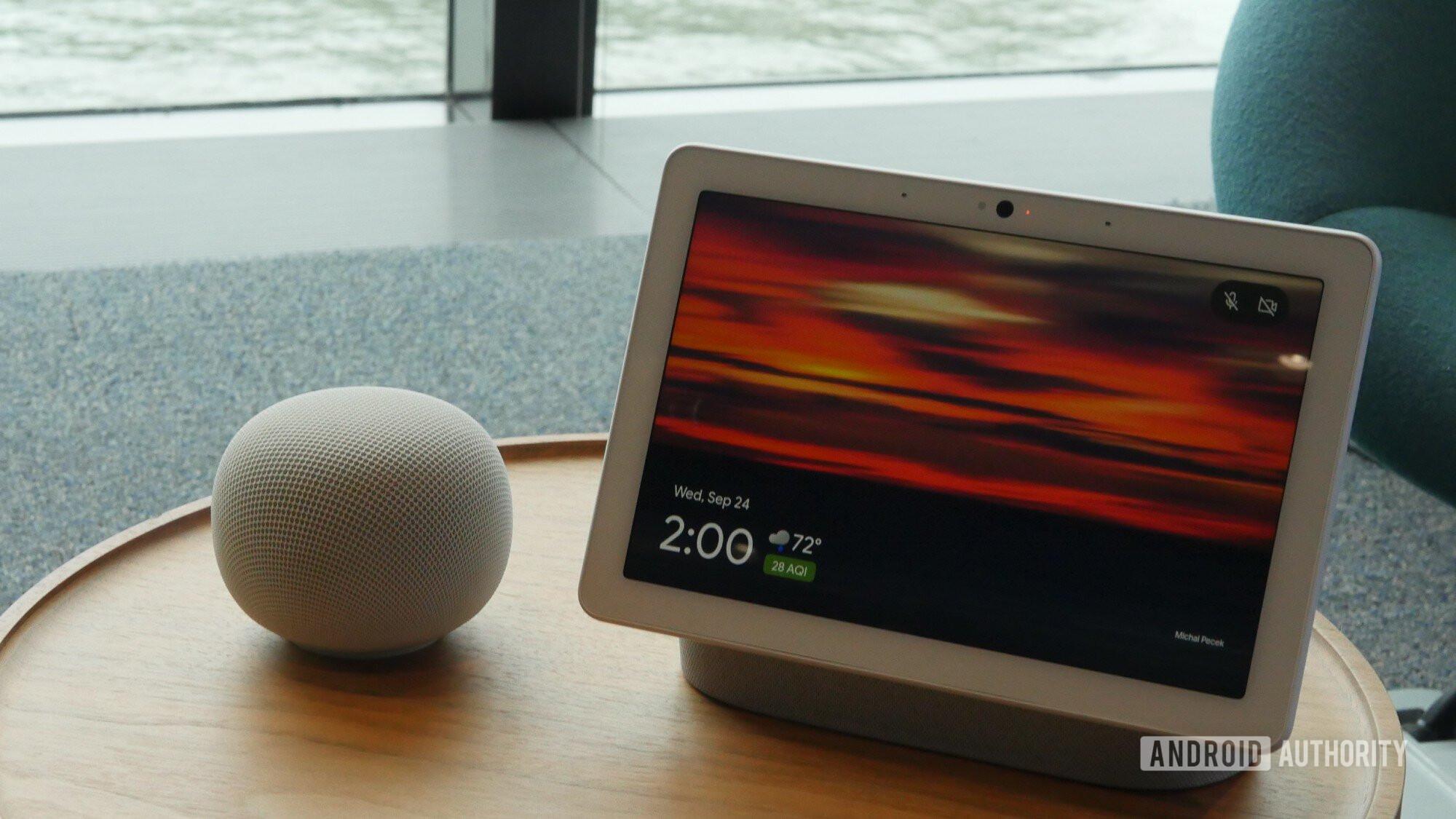Skyscrapers block the light and long work makes people tired.But there is help.
It's getting cold. The trees are shedding their leaves. The sun sets before 5pm.
Winter is coming.
And for some New Yorkers, that means their SAD — seasonal affective disorder — is a type of depression marked by marked mood swings associated with the seasons, especially during the colder months of the year.
According to the National Institute of Mental Health, symptoms of SAD include a persistently sad, anxious or "empty" mood most days, feelings of hopelessness, and loss of interest or pleasure in hobbies and activities.It is also associated with low energy levels, difficulty concentrating, and changes in sleep or appetite, including excessive sleeping.Serious symptoms include thoughts of death or suicide, or even suicide attempts.
Mental health experts say even people who don't suffer from clinical depression can experience a dip in their energy levels and mood swings due to shorter daylight hours and colder weather, making it difficult to spend time outside and socialize.
In New York City, where many people live and work in areas where tall buildings block sunlight, people may be at higher risk for SAD symptoms, said J. Ryan Fuller, a clinical psychologist and director of New York Behavioral Health.
"So the fall months and winter will mean that we will get less exposure to sunlight and the skyscrapers, in fact, will reduce more sunlight," he said."Furthermore, most people in New York work hard and long hours, so they tend to come in early in the morning, sometimes before there is too much exposure to the sun, and leave work late in the sunlight."
Molly Sharev, a psychologist at the Mount Sinai Health Center, said people tend to feel isolated this time of year, and while the holidays are a joyous time for many, it can be an upsetting time for others.
"I think it's much easier to quarantine when it's cooler, when it's darker, when it's easier to get home," she said."The holidays and the things that motivate people for different reasons can be really difficult... There are actually many, not just a few, reasons why people struggle with the holidays. It has to do with family relationship problems, it has to do with grief, it has to do with whether it's the first holiday since someone died or whether it's the most recent holiday, and anticipation of what's going to happen around this time.
Tips for grieving and getting help
Fuller says that depression and anxiety respond well to treatment, and symptoms require seeking professional help.
Fortunately, if a person has an illness that has an actual effect, cognitive behavioral therapy is very responsive, so an option is also very responsive.
A therapist might recommend a sunlamp at home that mimics natural daylight, she said.
Filler supports getting as much natural light as possible during the colder months by going outside when possible.
Sherb stressed the importance of socializing and said people struggling with isolation should make low-risk plans to meet others more easily.
"If you are a person who comes home after work and want to love another kind, but you don't have to find another kind of project, but soon. Close to that, but you don't have to find another kind of disgusting project."Maybe you decide to call a friend in a week, perhaps this is the first step. Do you're already talking with friends, the first step could be to do things.
Emergency help: New Yorkers experiencing mental health problems can call New York State's 988 emergency & crisis line, which also works in all other states.Local contact centers can connect New Yorkers to social service providers.Learn more about the regional program or start a conversation here.
Youth support: Last year, the city launched Teenpace, Partnership with the Poor, to provide Youth with Farens through free, video and text.To register, young people must enter their address and date of birth, along with information about a parent or guardian because they can give permission.The site played a young man with a therapist in days, and the town said there were five therapists a week.
Young people do not need to have experience of the mental health system to participate, but the service can help with concerns including anxiety, depression, stress, relationship problems, grief and trauma.
Free and low-cost help - New Yorkers can use a variety of services through NYC Health and hospitals.Payable or not, NYC Health and Hospitals offer appointments by calling 1-844-692222222222292.
New Yorkers are uninsured and are not required to sign up for NYC Care, which offers low- or no-cost health insurance and free premiums.
Clinics affiliated with graduate schools often have lower rates as well, including those at City College, NYU, Fordham and St. John's University.
For help connecting to resources, New Yorkers can also call the National Alliance on Mental Illness in New York at 212-684-3264.








